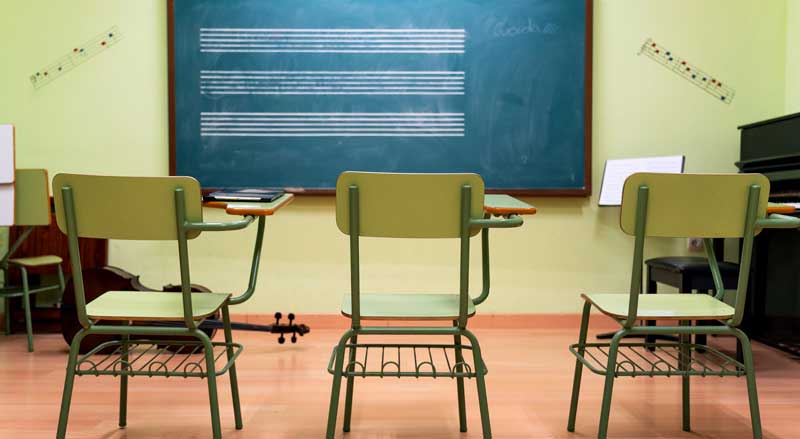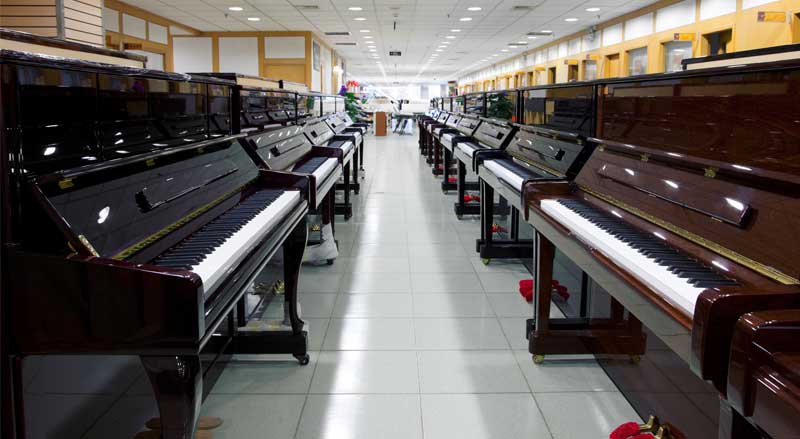
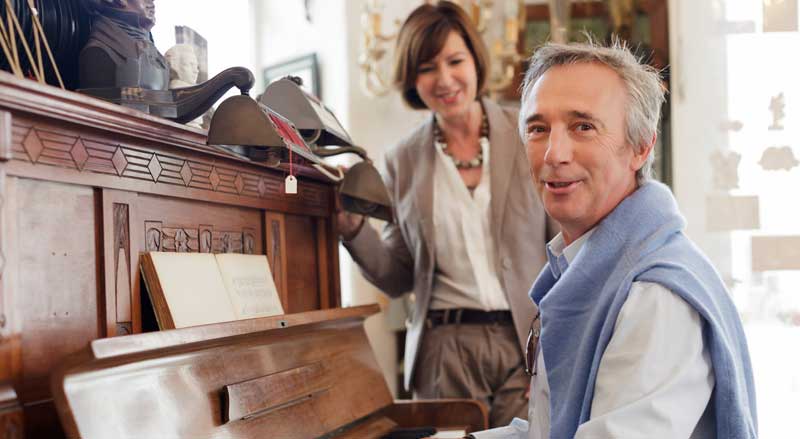
Buying a used piano from a private seller can be a cost-effective way to acquire a quality instrument, but it also comes with unique challenges. Unlike purchasing from a reputable dealer, buying privately requires careful research and inspection to ensure you get a piano that suits your needs and remains a sound investment. If you are searching for a “used piano for sale,” here are the key factors to consider when purchasing from a private piano seller.
Before you start searching for a used piano, assess your requirements:
Setting a clear budget, including moving and potential restoration costs, can help you avoid unexpected expenses. Many buyers overlook additional costs such as tuning and refinishing, which can add up quickly.
Certain piano brands are known for their durability and craftsmanship. Research the brand, model, and age of the piano to understand its reputation and reliability. Higher-end brands like Yamaha, Kawai, Steinway, and Baldwin tend to retain their value better than lesser-known brands. Searching for reviews on specific models can provide insight into the longevity and performance of the instrument.
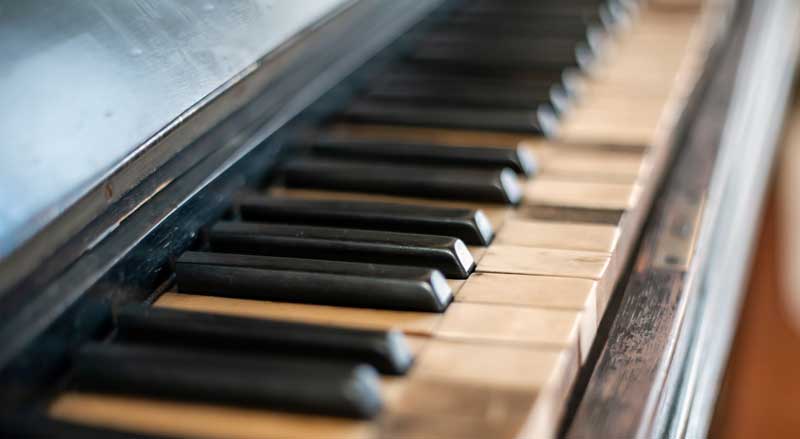
A piano’s lifespan can vary based on maintenance and materials. Ask the seller for the serial number to determine the piano’s age and check:
Before purchasing, play every key and listen for:
A well-maintained piano should produce a clear, consistent sound across all registers. If you’re unfamiliar with piano tones, bring along a musician or piano technician to help assess the instrument’s quality.
A used piano should hold its tuning well. If the piano has not been tuned in years, it may require pitch-raising, which can be costly. Ask when it was last tuned and if it has been regularly maintained. Ideally, the piano you select should have been tuned at least once per year.
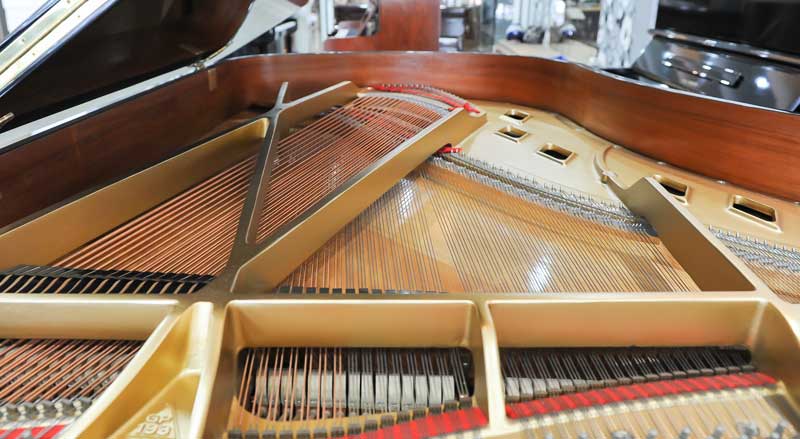
The structural components of a piano affect its longevity and performance. Look for:
Ask the seller for maintenance records and the reason for selling the piano. A transparent seller should provide details about past tunings, repairs, and any known issues. If a seller is unwilling to share this information, proceed with caution.
Moving a piano is a delicate and costly process. Professional movers should be used to avoid damage. Additionally, consider potential repair and restoration costs for tuning, action regulation, and refinishing. Factoring in these expenses will help you determine whether the piano is a good deal overall.
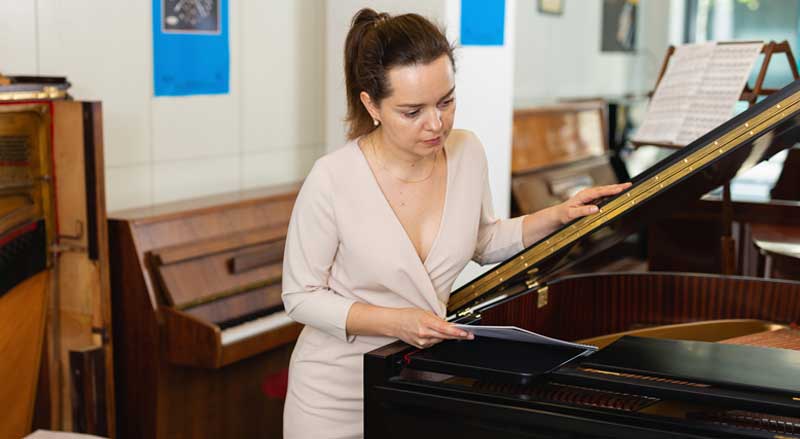
Before making a final decision, hire a professional piano technician to inspect the instrument. They can assess tuning stability, structural integrity, and overall condition, helping you determine if the piano is a worthwhile investment. Consider hiring a certified Piano Technician’s Guild tuner to evaluate the piano before purchase.
Once you’ve assessed the piano’s condition, negotiate a fair price based on its market value and any necessary repairs. Ensure you have a written agreement outlining the terms of the sale, especially if the piano requires professional transport.
Buying a used piano privately requires diligence, but with careful evaluation and professional guidance, you can find a high-quality instrument at a great value. Here is a list of components you can check and how they may be problematic: https://pianocloseouts.com/ask-the-piano-man/. If you’re unsure about a private purchase, consider reputable dealers like B Natural Pianos & Music School, where you can find expertly inspected and maintained pianos with warranties and professional support. Whether you’re looking for a grand piano for sale, a budget-friendly used upright piano, or simply seeking piano-buying tips, being well-informed will help you make the best decision.

